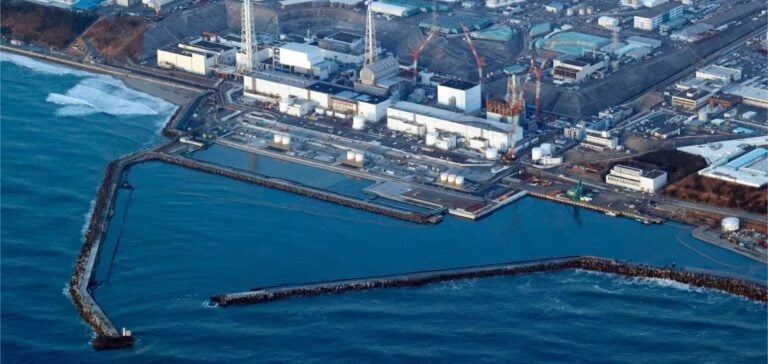After more than thirteen years, technicians from Tokyo Electric Power Company (Tepco) have successfully extracted a sample of radioactive debris from the damaged reactors within the Fukushima nuclear plant, which was severely impacted by the 2011 tsunami. This operation, made possible by specialized robots, marks a significant step forward in the decommissioning efforts at the plant, a project expected to continue for several decades.
The radioactive debris was extracted from the reactor containment vessel for the first time, and its radiation level was measured last Tuesday. Kuniaki Takahashi, a Tepco representative, stated that the radiation level was low enough to enable further study in a laboratory. By transporting this sample to a research facility, Tepco aims to gain essential insights into the state of materials and internal reactor structures. Approximately 880 tons of radioactive debris remain inside the reactors.
A Major Technological Challenge
Recovering the debris required the development of robots capable of withstanding the intense radiation within the reactors. Since mid-September, Tepco has been conducting tests to extract and analyze small fragments of debris to gain a better understanding of the internal conditions of the damaged reactors. This phase is considered one of the most complex challenges in the decommissioning process.
The Fukushima nuclear disaster occurred on March 11, 2011, when the tsunami struck the plant, leading to the failure of its cooling systems. This accident, the most severe since Chernobyl, highlighted the need for new technologies to address the scale of contamination and dismantling required.
Contaminated Water Management and International Repercussions
Alongside decontamination efforts, Japan has been progressively releasing stored water into the Pacific Ocean since August 2023. This decision, validated by the International Atomic Energy Agency (IAEA), has sparked international reactions, particularly from China and Russia, which have suspended their imports of seafood from Japan. In September, however, Beijing announced it would gradually resume imports of Japanese seafood after assessing the impacts of the release.
The Fukushima decommissioning process represents a colossal challenge for Japan and Tepco, requiring long-term solutions and the development of new technologies adapted to handling highly radioactive materials. The analysis of this debris sample constitutes a breakthrough that may lead to a better understanding of the reactor’s internal conditions and lay the foundation for the progressive securing of the site.






















